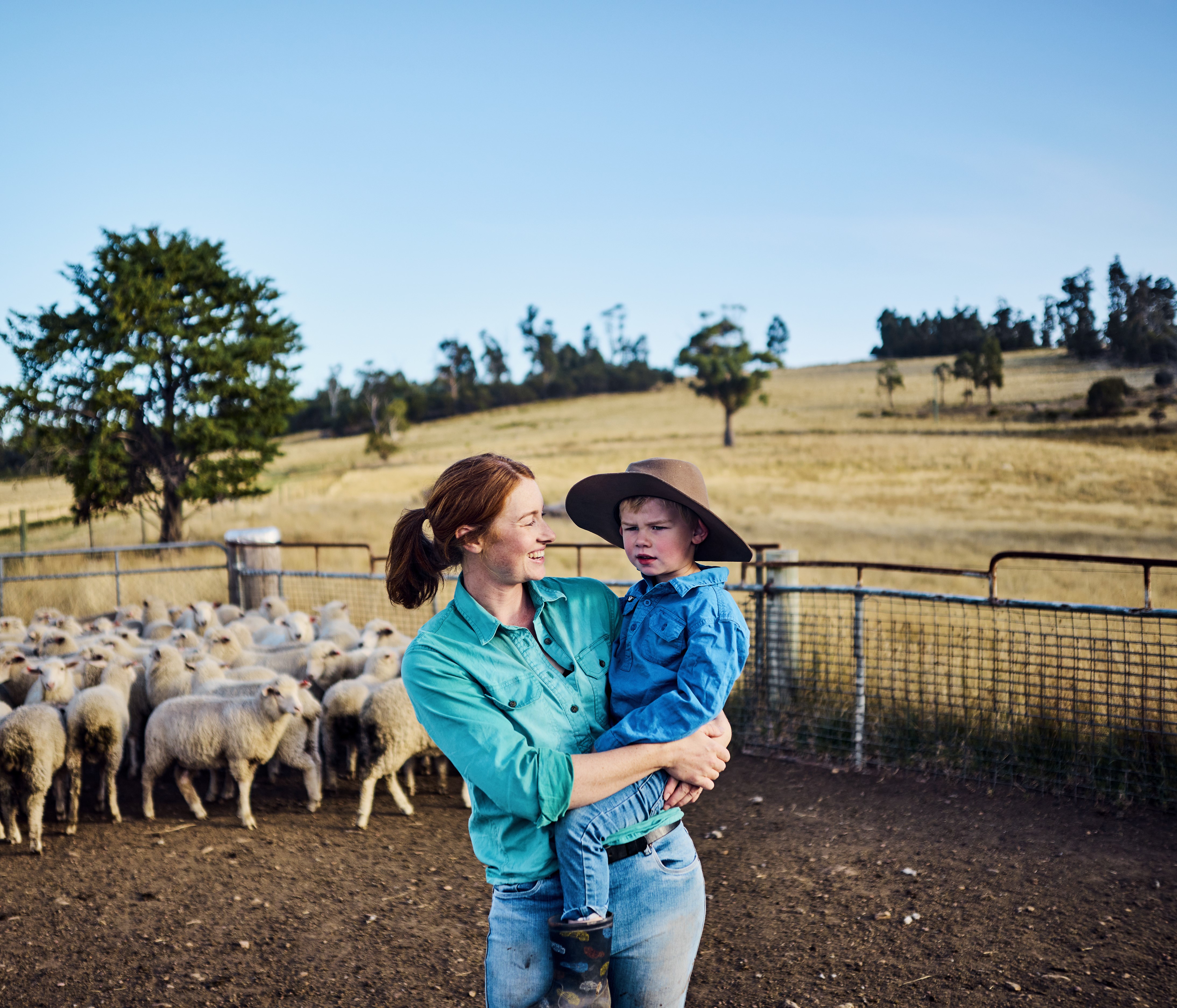The United States recently introduced the Inflation Reduction Act, a mammoth package of policies and incentives targeting US$369 billion (AUD $520 billion) of clean energy and climate change initiatives.
Clean Energy Council Chief Executive Kane Thornton said that while the US spending was positive for decarbonisation, Australia now faced losing thousands of jobs and significant international investment to its North American ally.
"Australia has a prime opportunity to become a clean energy superpower, but the brightest minds and the biggest wallets are now looking to the US for their best opportunity," Thornton said.
"It is immediately clear the US package dwarfs the level of support Australian governments provide for the clean energy transition.
"The consequences of inaction have the potential to damage Australian competitiveness across all industries for decades to come.
"Taking the next step in Australia’s clean energy transformation requires even stronger action and support for the industry."
Thornton said Australia requires a coherent masterplan to become a global energy superpower and called on the Federal Government to formally articulate its strategy.
Meanwhile, the scale of US incentives for renewable energy investment and green hydrogen has significantly altered the global landscape, acting as a powerful magnet for finance, workers, and technology manufacturing.
The Federal Government has requested a detailed analysis from Dr Alan Finkel on the implications of the Inflation Reduction Act.
Thornton urges the Australian Federal Government to take appropriate action in its May Budget.
"Vast economic packages that prioritise the build-out of renewable energy and storage are exactly what's needed to decarbonise the planet. Australia is at risk of being left behind without a significant commitment in the May Budget," he said.
"This has the potential to harm all export industries. A world-leading supply of clean, affordable energy is a competitive advantage for any industry that competes in the global market."
Ryan Carroll, Regional Director of Airswift, a provider of workforce solutions to STEM industries, said Australia was not the first choice for renewable energy talent.
"The brightest talent and biggest brains will always gravitate to the best opportunities. In renewable energy, Australia has the potential to lead the world, but the race to realise and capitalise on the opportunities is on and the US Government has made its intent clear," Carroll said.
"The Global Energy Talent Index highlights that Australia's position as a destination for renewable energy talent lags behind Europe and North America.
"The government should learn from Joe Biden and use the May Budget to promote investment and entrepreneurship. This will signal to the top energy minds that Australia is the place for career progression and innovative projects."
Since coming to power, the Albanese Government has increased Australia's level of ambition on emissions reduction and committed to delivering a range of programs to support accelerated renewable energy deployment.
However, the Clean Energy Council has grown increasingly concerned that the funding and institutional support that is envisaged will be inadequate to realise our potential as a renewable energy superpower.
ENDS
For more information or to arrange an interview, contact:
Liam Straughan
Clean Energy Council Media Officer
+61 409 470 683





